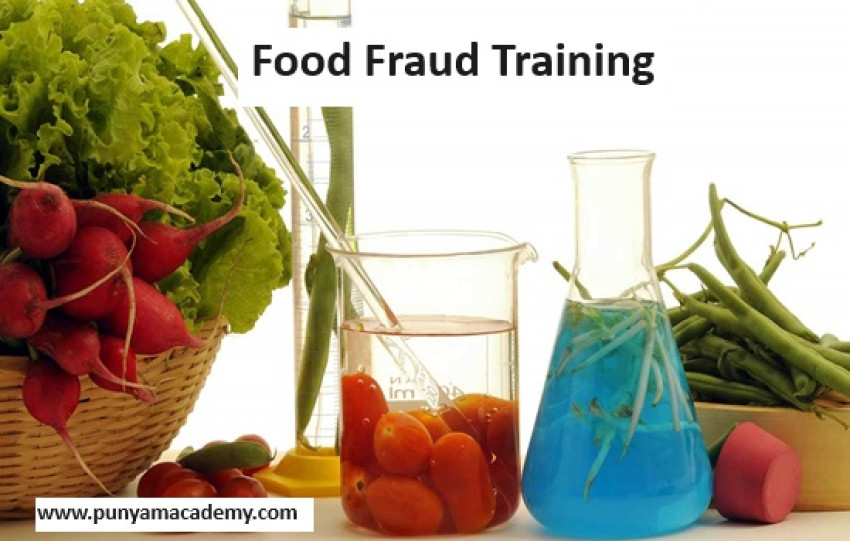
Food safety is a major global challenge, and consumers are calling for more authenticity and transparency in the goods they eat. Two phrases come up frequently in the context of food safety: "food fraud" and "food defence." Even though they may sound similar, they deal with diverse issues and provide unique difficulties in the food sector. Now let's examine how these two ideas differ from one another.
Know Food Fraud
The intentional adulteration, fraud, or substitution of food items for financial benefit is known as food fraud. From food manufacturing to distribution, this dishonest activity can happen at every stage of the food supply chain. Food fraud frequently takes the form of selling counterfeit items, diluting pure products with inferior replacements, and mislabelling products to charge higher costs.
Food fraud is usually motivated by financial gain. To boost earnings, dishonest people or organizations participate in these activities, frequently at the price of the safety and trust of their customers. Food fraud is a serious threat to public health because tainted products may contain dangerous ingredients or allergies that are not disclosed on the label, undermining the integrity of the food sector.
Food fraud can be difficult to identify and stop since it operates covertly. However, because of technological advancements like blockchain and DNA testing, food goods can now be more accurately tracked and authenticated, which helps to reduce the amount of fraudulent activity. Here we mention one example of know food fraud which occurs in the food sector is food fraud in the milk, which is done by several activities:
- Add some water to increase the volume of milk
- Add ingredients like melamine, to hide the water and act as a preservative
- Milk is preserved by adding preservatives like hydrogen peroxide, which kill bacteria or stop them from growing, and
- By adding neutralising agents such as sodium hydroxide, which mask the acidity of microbial fermentation.
Know Food Defense
On the other hand, food defence is concerned with preventing hostile actors, such as terrorists, disgruntled workers, or activists, from purposefully contaminating or sabotaging the food supply. Food defence is concerned with protecting against intentional activities designed to cause harm, in contrast to food fraud, which is largely motivated by economic interests.
Food defence tactics are designed to find weak points in the food supply chain and put preventative measures in place to lessen the possibility of contamination or tampering. This could entail tightening access restrictions, performing background checks on potential hires, installing surveillance systems to keep an eye out for suspicious activities, and bolstering security measures at manufacturing sites.
Food defense is a critical component of national security, as a deliberate attack on the food supply could have devastating consequences, including mass illness, economic disruption, and loss of public trust. Government agencies, industry stakeholders, and law enforcement collaborate closely to develop and implement food defense initiatives, including regulatory frameworks, food defense and food fraud training course, and incident response protocols. The safety and integrity of the food supply are the commonalities between food fraud and food defence, although there are some significant distinctions between the two:
- Motivation: While food defence focuses on safeguarding against deliberate harm or sabotage, food fraud is motivated by financial gain.
- Nature: Food fraud entails adulterating and misleading consumers, whereas food defence aims to stop intentional manipulation or contamination of food.
- Approach: Food defence relies on security measures and risk assessments to avert harmful activities, while food fraud detection and combat sometimes involve traceability and authentication technologies.
In conclusion, while food fraud and food defense address distinct challenges within the food industry, both are essential for ensuring the safety, integrity, and trustworthiness of the food supply. By understanding the differences between these concepts and implementing appropriate measures, stakeholders can work together to mitigate risks and safeguard public health.



